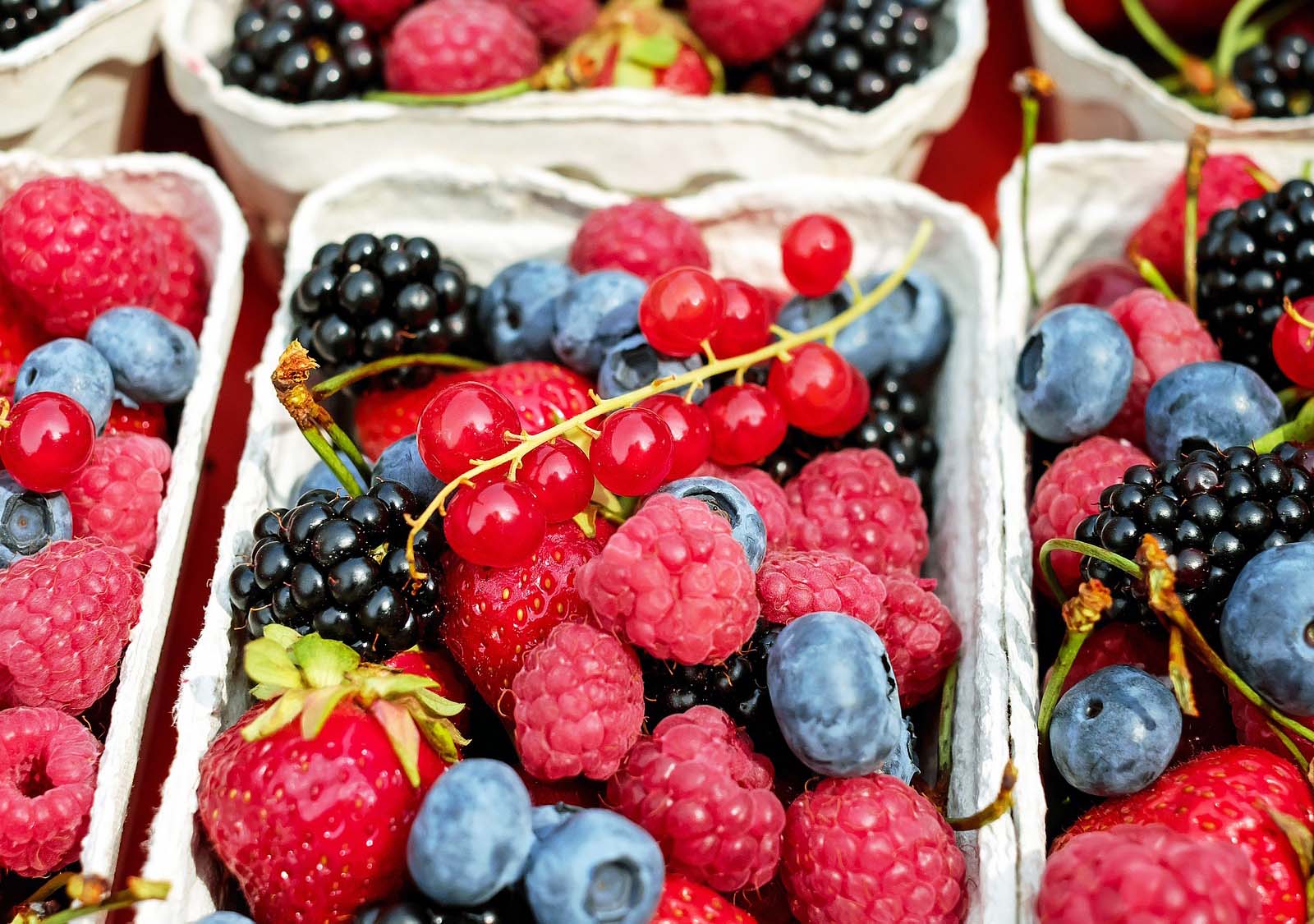Our Austrian partner has produced three written case studies which you will find in this section.
Organic fruit & snack scheme in primary schools
In many primary schools in Austria, pupils usually bring their snacks from home. This is an additional job for parents to organise and sometimes, they are not always nutritious. Because of this, the primary school Meissnergasse decided to do something to address this. Together with an organic farmer and a bakery, they arranged to serve high quality organic fruit and other snacks in their school. The aim was that each class would get its own snack-box and each day, pupils would get a different organic snack. Through this, it was hoped that pupils would start to understand where their food comes from, get know to local food producers and be inspired to start growing their own herbs and fruits in the school garden.
To read the full case study, click HERE

Seminarbäurinnen - Experience is learning that sticks
“Experience is learning that sticks” - That´s the motto of “Seminarbäurinnen”, a group of educationally trained Austrian farmers who visit schools and early years settings and run a wide range of interactive activities for pupils. The activities are based around the themes of nature, the landscape, food and agriculture. “Seminarbäurinnen” were first formed in 1994 when hundreds of farmers were trained to work with children and teenagers. experienced “Seminarbäurinnen” farmers are available for visits to kindergartens and schools throughout Austria. Each farmer offers activites that link to their own farms. So a dairy farmer may offer milk based activities, while a chicken farmer may talk about animal welfare and fertilisation.
To read the full case study, click HERE
.jpg)
Food literacy for teenagers
Eating habits can often be closely related to other aspects of lifestyle. Studies have shown that there are links between social and educational disadvantage and nutrition related disease. In the Austrian programme, “Food Literacy for teenagers” a number of cooking workshops with young people were held to help transmit messages around healthy eating.
To read the full case study, click HERE



